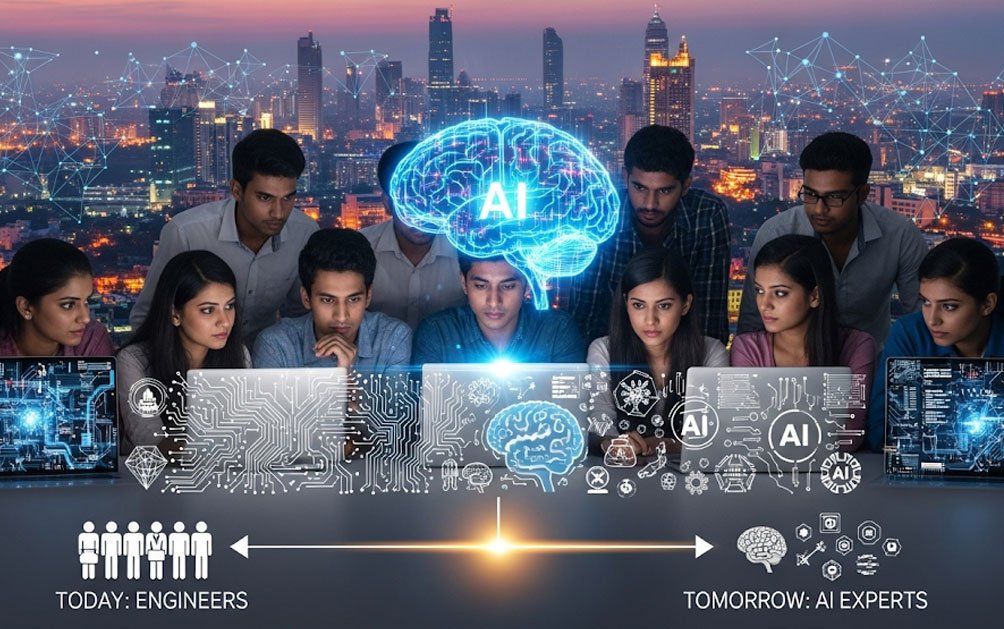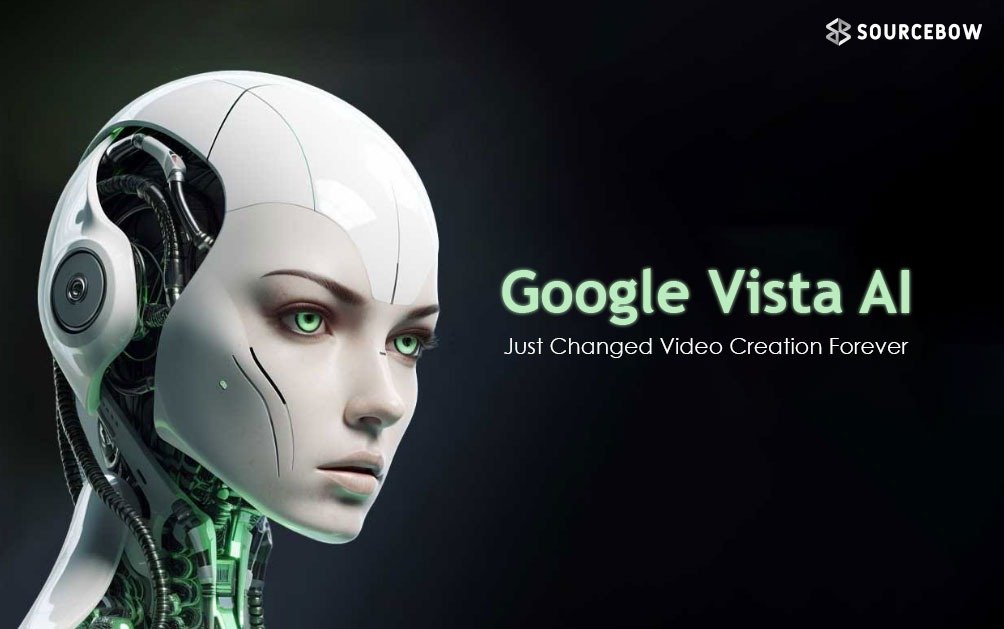The headlines about AI era can be scary. Everywhere you look, there are warnings that half of entry-level white-collar jobs might vanish within the next few years. Some say, “the robots are coming for our keyboards.” For many software engineers in India, that thought hits a little too close to home.
But is software engineering really dying? Not quite. The truth is more nuanced, and the changes are both exciting and unsettling at the same time.
How AI is Reshaping Software Engineering?
There’s no denying that AI-powered coding tools are changing the way software gets written. Platforms like GitHub Copilot, ChatGPT, and Cursor AI can generate lines of code in seconds. Some even imagine a future where AI era takes care of context, validation, and large-scale programming tasks, leaving engineers to act as supervisors instead of creators.
Buzzwords like agentic coding only add to the frenzy. This is where AI writes entire programs without a single human hand involved. Even big names like Nvidia’s CEO have hinted that traditional coding might not be a safe career path in the future.
Yet that doesn’t mean engineers are being pushed out completely. AI era is becoming more like a co-pilot than a replacement.
The Aviation Analogy That Explains It All
Think about how aviation evolved. Back in the 1930s, a cockpit had a pilot, co-pilot, flight engineer, and navigator. As automation improved, the navigator role disappeared, then the flight engineer role became optional. Now, most flights have only a pilot and co-pilot, while 90% of the work is handled by AI systems.
But here’s the thing — you can’t just put anyone in the pilot’s seat. Pilots still need deep knowledge of aeronautical fundamentals, quick decision-making skills, and the ability to step in when technology fails.
Software engineering is moving in the same direction. Routine tasks like boilerplate coding might disappear, but the need for skilled engineers who understand fundamentals will remain strong.
From Coders to Architects
Instead of large teams writing code line by line, the future might belong to leaner teams that know AI-generated programs. Engineers could spend more time editing, reviewing, and guiding AI output rather than typing every character themselves.
That doesn’t necessarily mean fewer jobs. Instead, the nature of the work is shifting. The demand is moving toward roles that involve problem-solving, system design, ethical AI development, and integrating AI into existing workflows.
AI can generate code, but it doesn’t understand the why behind it. Business context, user needs, and real-world edge cases require human judgment. Debugging AI’s mistakes will also be a big part of the job.
One expert described it well: “We risk replacing builders with babysitters if we’re not careful.” Someone will always need to monitor AI, fix its errors, and maintain long-term systems.
Why Upskilling Has Become Urgent
So, what can engineers do to thrive in this new reality? The answer is simple but not always easy — upskill. Learn continuously. Don’t lock yourself into one narrow path.
The idea of being an expert generalist is gaining traction. That means having deep knowledge in your area, but also enough breadth to understand multiple tools, domains, and concepts. Master AI coding assistants, but also sharpen the skills AI can’t copy — communication, empathy, leadership, and the ability to understand context.
In India especially, engineers are feeling this push more urgently. With such a great talent pool, the competition is fierce. Companies are looking for engineers who do not just code, but who can design systems, think critically, and guide AI in the right direction.
New roles are also emerging, such as AI maintenance engineers and ethical AI designers. These didn’t exist a decade ago, but now they’re becoming essential. And despite all the noise, strong fundamentals are still the backbone. Without them, even the smartest AI era tools won’t make someone an effective engineer.
The Bigger Picture
So, is software engineering dead? Absolutely not. It’s just transforming. The repetitive parts may fade, but the core problem-solving and building creative solutions for human needs is still at the heart of the field.
The future of engineering in the AI era is not about replacement. It’s about augmentation. AI is another tool in the toolbox, and the engineers who know how to use it will shape the future.
Final Thoughts
For engineers in India, this is both a challenge and an opportunity. The landscape is moving fast, and those who adapt will find themselves in high demand. The ones who don’t risk being left behind.
The next chapter of software engineering won’t be written by AI alone. It will be written by humans who learn, adapt, and grow alongside it. The question is — are you ready to step into that future?





